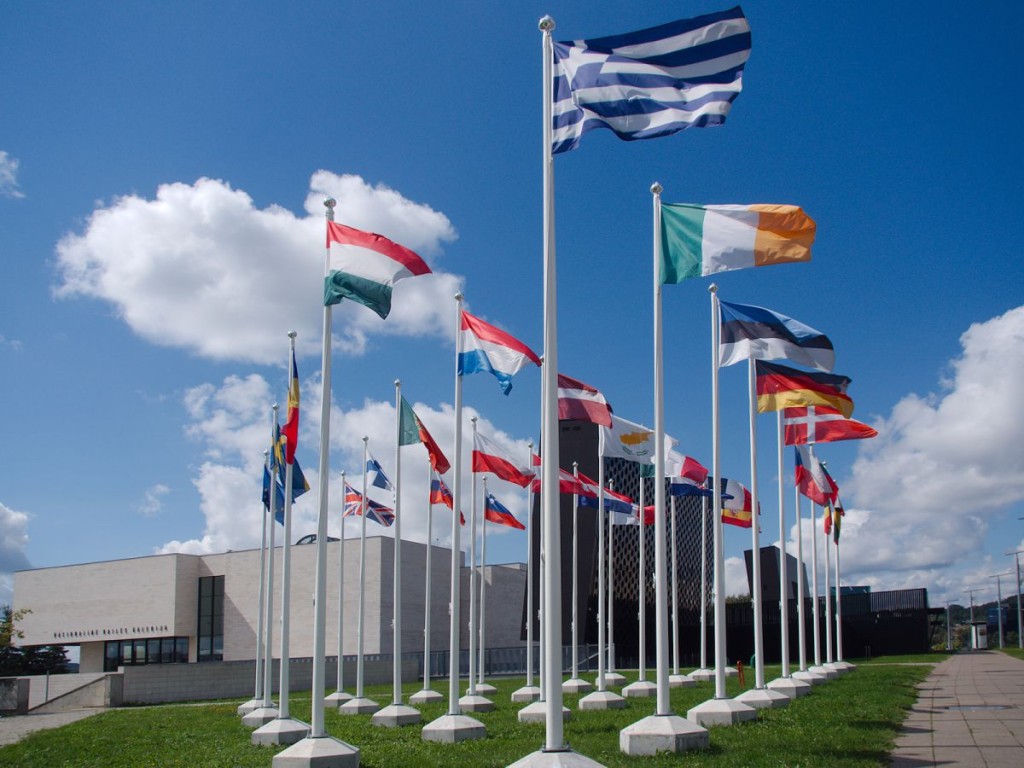
In the EU Committee of Permanent Representatives the Member States has confirmed the political agreement reached by the Lithuanian Presidency in negotiations with the European Parliament on an animal and plant Regulation. This regulation lays down provisions for the management of expenditure relating to the food chain, animal health and animal welfare, and relating to plant health and plant reproductive material. The total amount of 1.8 million EUR is foreseen for expenditure in relation to food and animal feed during the period 2014-2020.
This legislative act is part of the ‘Healthier Animals and Plants for a Safer Food Chain Package’ and it will replace the current financial provisions in multiple legal bases by one single.
During the final negotiations with the European Parliament (on 17 December) the Lithuanian Presidency secured preliminary agreement on the principles of all the outstanding issues. The following main points are included into the political agreement by the co-legislators:
– Prevention is one of the key objectives of the regulation;
– Activities to be co-financed by 100% concern the prevention and control of serious human, plant and animal health risks for the Union; are designated to avoid human casualties or major economic disruptions for the Union as a whole;
– A list of general priorities for co-financing is annexed to the regulation.
The final review of the text will be carried out in January, under Greek Presidency. The official letter sealing the political agreement at first reading will then be sent to the Parliament (end of January, subject to confirmation by the Greek Presidency), so that plenary can vote the text before the end of the current parliamentary term (March or April). The veterinary eradication programmes are said to be essential to progressively eliminate a number of listed animal diseases which are endemic in certain areas of the Union, by means of a wide range of measures including vaccination, testing of animals and compensation for slaughter and culling.
EU funding to support these measures gives priority to diseases of public health importance and those which have major economic impacts, due to trade implications and income loss for farmers. The EU plant health and plant reproductive material regimes give priority to the protection of EU agriculture and forestry by preventing the entry and spread of non-native pests of plants and to the availability and use of healthy plant material at the beginning of the chain of plant production.
As a follow up of the release of a report on origin labeling for meat on 17th of Dec. the European Commission is to consult with ministers and MEPs on whether to draft a law insisting that such information must be included on all food products using meat as an ingredient.
The study recommends three options for a EU-wide system:
1: Maintaining voluntary origin labeling (the status quo);
2: Introducing mandatory labeling giving manufacturers a choice of EU/non-EU labels or mentioning an EU or specific non-EU country of origin; or
3: Insisting that labeling indicates the country of origin of meat ingredients, an EU member state or non-EU country.
A Commission communiqué said that discussions with EU member states and the European Parliament would now follow and Brussels would consider whether to propose a new law. The report’s main findings revealed that EU consumer interest in origin labeling for meat ingredients “appears to be considerably strong (90 per cent of consumers)”. However, there are significant differences between EU member states on this issue. It said: “While between 65 per cent and 85 per cent of respondents in Bulgaria, Greece, Italy and Romania consider “very important” that origin is labelled on all the three meat-related products considered, only around 50 per cent of respondents in Spain, Germany and Lithuania deem it “very important”.”





